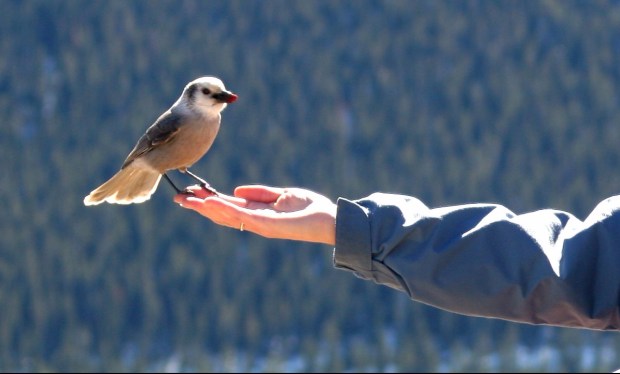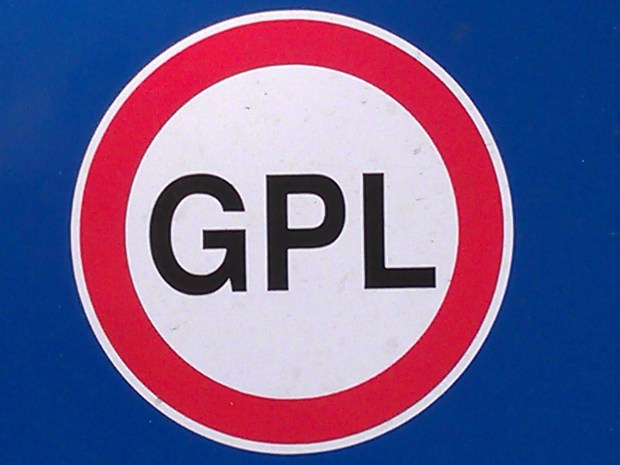Data protection laws are about controlling triangulation, not (just) direct privacy

At the end of May 2018, the new General Data Protection Regulation (GDPR) will come into effect in Europe. It creates a whole set of new responsibilities that are causing concern for businesses across the EU. It has effects outside Europe as well, because it will control the way businesses located in Europe can share data across borders, both within their company and with other companies. Continue reading







